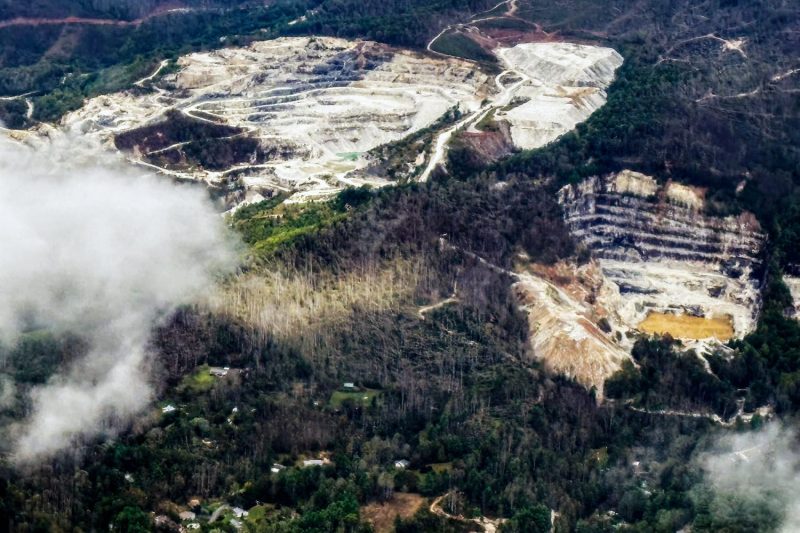 Starlink, the satellite internet service provided by SpaceX, a company led by Elon Musk, has delivered internet connectivity to remote regions across the globe. In recent times, the service has shone in disaster-ravaged areas and communities affected by severe weather conditions, offering a cyber lifeline where traditional internet infrastructures were unavailable.
Besides bringing internet to such hard-hit areas, Starlink’s presence often also brings with it political implications. While the company’s primary mission is to provide reliable connectivity to underserved areas of the planet, its activities have garnered attention from governments, regulatory bodies, and other stakeholders worldwide. Coupled with Musk’s own outspoken nature and reputation, this has meant that Starlink’s contributions often become part of larger political or policy debates.
Issues like space debris, regulatory permissions, and competition with other satellite and terrestrial networks underline these political issues. There can also be concerns around how this connectivity might influence local politics, or provide leverage to external forces. Lastly, as Starlink continues to expand, it must also grapple with concerns including data privacy, cybersecurity, and the digital divide. However, despite these challenges, Starlink’s potential benefits — particularly its ability to provide crucial connectivity amid disasters — are considerable.
Starlink, the satellite internet service provided by SpaceX, a company led by Elon Musk, has delivered internet connectivity to remote regions across the globe. In recent times, the service has shone in disaster-ravaged areas and communities affected by severe weather conditions, offering a cyber lifeline where traditional internet infrastructures were unavailable.
Besides bringing internet to such hard-hit areas, Starlink’s presence often also brings with it political implications. While the company’s primary mission is to provide reliable connectivity to underserved areas of the planet, its activities have garnered attention from governments, regulatory bodies, and other stakeholders worldwide. Coupled with Musk’s own outspoken nature and reputation, this has meant that Starlink’s contributions often become part of larger political or policy debates.
Issues like space debris, regulatory permissions, and competition with other satellite and terrestrial networks underline these political issues. There can also be concerns around how this connectivity might influence local politics, or provide leverage to external forces. Lastly, as Starlink continues to expand, it must also grapple with concerns including data privacy, cybersecurity, and the digital divide. However, despite these challenges, Starlink’s potential benefits — particularly its ability to provide crucial connectivity amid disasters — are considerable.
Elon Musk’s Starlink brings internet — and politics — to storm-ravaged areas

 Starlink, the satellite internet service provided by SpaceX, a company led by Elon Musk, has delivered internet connectivity to remote regions across the globe. In recent times, the service has shone in disaster-ravaged areas and communities affected by severe weather conditions, offering a cyber lifeline where traditional internet infrastructures were unavailable.
Besides bringing internet to such hard-hit areas, Starlink’s presence often also brings with it political implications. While the company’s primary mission is to provide reliable connectivity to underserved areas of the planet, its activities have garnered attention from governments, regulatory bodies, and other stakeholders worldwide. Coupled with Musk’s own outspoken nature and reputation, this has meant that Starlink’s contributions often become part of larger political or policy debates.
Issues like space debris, regulatory permissions, and competition with other satellite and terrestrial networks underline these political issues. There can also be concerns around how this connectivity might influence local politics, or provide leverage to external forces. Lastly, as Starlink continues to expand, it must also grapple with concerns including data privacy, cybersecurity, and the digital divide. However, despite these challenges, Starlink’s potential benefits — particularly its ability to provide crucial connectivity amid disasters — are considerable.
Starlink, the satellite internet service provided by SpaceX, a company led by Elon Musk, has delivered internet connectivity to remote regions across the globe. In recent times, the service has shone in disaster-ravaged areas and communities affected by severe weather conditions, offering a cyber lifeline where traditional internet infrastructures were unavailable.
Besides bringing internet to such hard-hit areas, Starlink’s presence often also brings with it political implications. While the company’s primary mission is to provide reliable connectivity to underserved areas of the planet, its activities have garnered attention from governments, regulatory bodies, and other stakeholders worldwide. Coupled with Musk’s own outspoken nature and reputation, this has meant that Starlink’s contributions often become part of larger political or policy debates.
Issues like space debris, regulatory permissions, and competition with other satellite and terrestrial networks underline these political issues. There can also be concerns around how this connectivity might influence local politics, or provide leverage to external forces. Lastly, as Starlink continues to expand, it must also grapple with concerns including data privacy, cybersecurity, and the digital divide. However, despite these challenges, Starlink’s potential benefits — particularly its ability to provide crucial connectivity amid disasters — are considerable.

